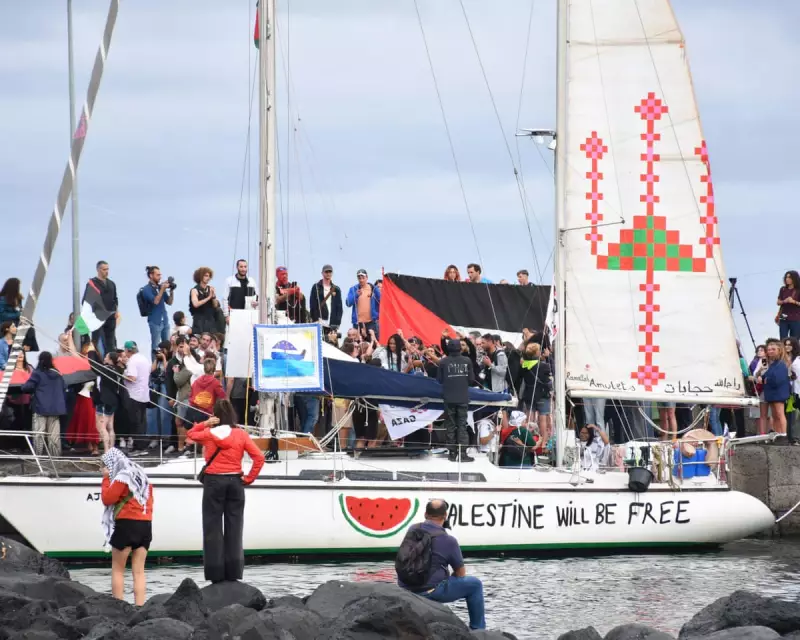
A daring maritime protest is unfolding in the Mediterranean as a coalition of international activists, journalists, and aid organisations prepares to challenge Israel's long-standing naval blockade of Gaza. This civilian flotilla, carrying what organisers describe as essential humanitarian supplies, represents one of the most direct confrontations with Israeli maritime authority in recent years.
The Mission and Its Perils
The flotilla's organisers acknowledge they are sailing into dangerous waters, both literally and politically. Israeli authorities have made clear that any attempt to breach the blockade will be met with force, raising the spectre of potential military confrontation with unarmed civilians.
"We know the risks," one organiser stated, "but the suffering in Gaza has reached such catastrophic levels that we cannot stand by and do nothing."
Historical Echoes and Current Tensions
This mission evokes memories of the 2010 Mavi Marmara incident, when Israeli commandos raided a Turkish-led flotilla, resulting in the deaths of nine activists and triggering international condemnation. Organisers insist they have learned from that tragedy and are committed to non-violence, but the potential for escalation remains high.
The timing is particularly sensitive, coming amid ongoing ceasefire negotiations and heightened regional tensions. Israeli officials have condemned the flotilla as a "provocative stunt" that could undermine diplomatic efforts.
The Humanitarian Argument
Flotilla participants argue that Israel's blockade constitutes collective punishment against Gaza's 2.3 million residents, violating international law and creating what UN officials have described as "unliveable" conditions.
- Medical supplies are desperately needed for overwhelmed hospitals
- Food insecurity affects over half the population
- Basic infrastructure remains in ruins after repeated conflicts
The Legal and Diplomatic Battle
Beyond delivering aid, the flotilla aims to challenge the legal basis of the blockade itself. Israel maintains the blockade is necessary for security, preventing weapons from reaching Hamas and other militant groups. However, critics argue the restrictions go far beyond legitimate security concerns.
"This isn't just about delivering aid," explained a human rights lawyer accompanying the mission. "It's about challenging what we believe is an illegal and immoral policy that has created a humanitarian catastrophe."
International Response and Next Steps
The international community watches with apprehension. Several European governments have warned their citizens against participating, while simultaneously calling for Israel to exercise restraint. The United States finds itself in a delicate position, balancing its support for Israel's security with concerns about the humanitarian situation.
As the vessels approach Gaza's waters, the world holds its breath, wondering whether this mission will become another flashpoint in the long-running conflict or succeed in drawing renewed attention to what organisers call "the world's largest open-air prison."
The coming days will test not only the flotilla's resolve but the international community's commitment to addressing one of the world's most intractable humanitarian crises.





